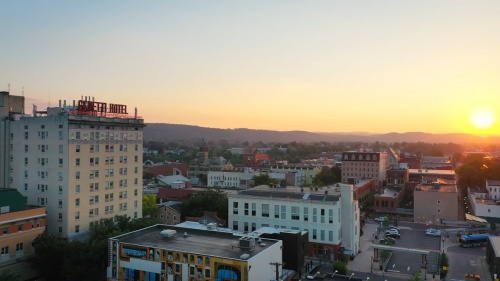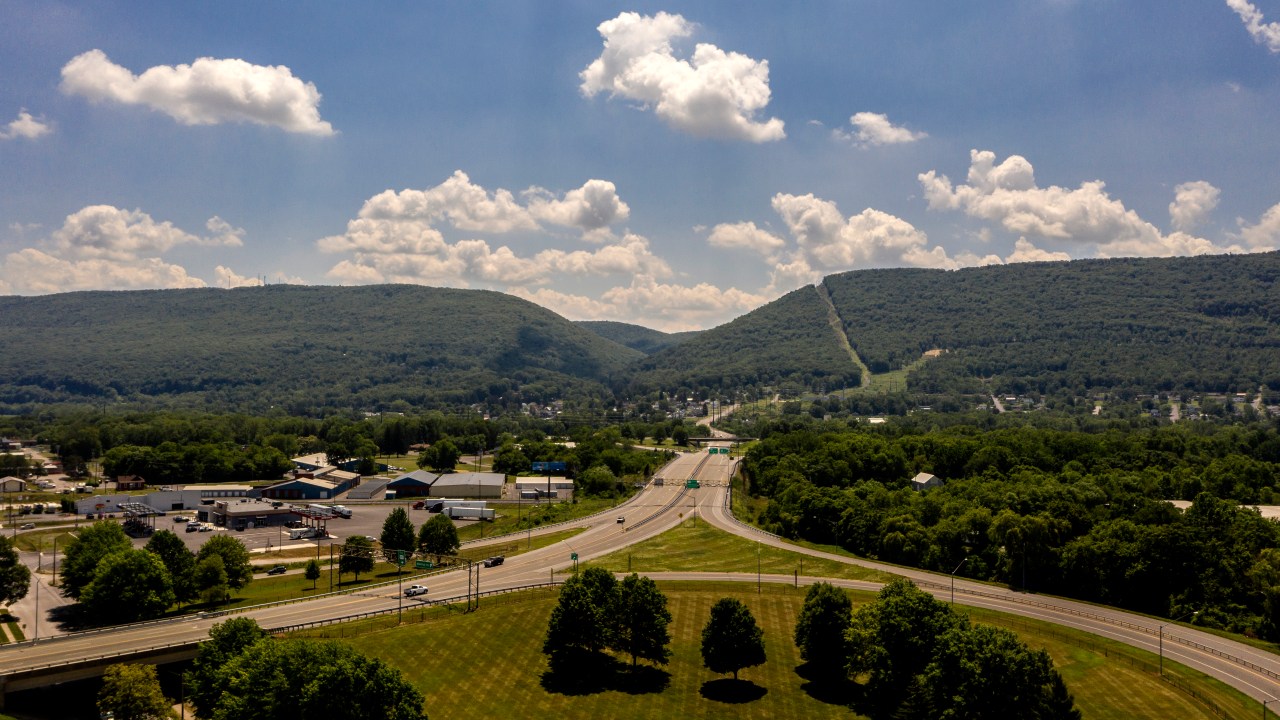
Williams strives to be an exceptional member of the local communities where we live and work. We actively engage with a variety of community stakeholders, from local business owners and community leaders to public officials and nongovernmental organizations. Williams focuses on open dialogue and proactive partnerships with community members.
Williams defines stakeholder engagement as activities specifically conducted to inform parties regarding Williams’ expansion projects, operational activities or other notable business activities. In 2021, we participated in more than 186 stakeholder engagements with local communities, including 30 community events, two open houses, 31 meetings with chambers of commerce, six environmental justice meetings, 35 meetings with county commissioners and 82 meetings with other stakeholders.
Environmental justice laws, regulations and other government policies are evolving quickly at the state and federal levels. We actively seek opportunities to engage in dialogue with residents and leaders in underserved communities to gain a meaningful understanding of the critical issues from the individuals who know them best. We also pursue partnerships with community-based organizations that serve distinct needs in local communities. These partnerships provide direct channels to further engage community members who utilize the services provided by these organizations. Williams identifies underserved populations using the guidance and methodologies determined by the EPA’s Federal Interagency Working Group on Environmental Justice and the National Environmental Policy Act (NEPA) committee. In addition, Williams follows state guidance when identifying underserved communities. To learn more about our approach to identifying these population groups, see the methodology outlined in the publication, Promising Practices for EJ Methodologies in NEPA Reviews.
2021 Stakeholder Engagement
